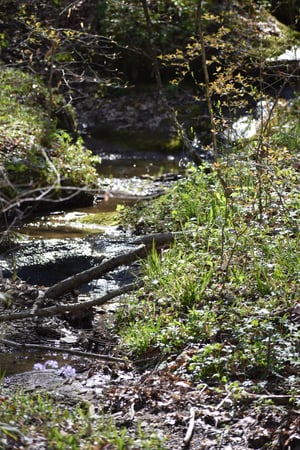 A recent analysis by experts from Stanford University revealed that being exposed to environmental education has many benefits for children K-12.
A recent analysis by experts from Stanford University revealed that being exposed to environmental education has many benefits for children K-12.
The purpose of environmental education is to allow students to explore environmental issues and encourages them to come up with ways to address those issues and improve the environment. Environmental education allows individuals to cultivate a deeper sense of appreciation for the environment and helps us to make more informed decisions regarding how to address environmental issues.
According to the North American Association for Environmental Education, environmental education is a broad umbrella term that is focused on creating a more sustainable future using the power of education. In addition to being a process for learning, it is a profession that is focused on using best practice in education to help create social change to address the environmental issues facing society.

The 5 components of environmental education are as follows:
- Increased awareness & sensitivity to the various threats that currently endanger the environment.
- Fact-based knowledge about the environment and the challenges it faces.
- Sense of genuine concern for the environment.
- Skills to address and resolve environmental issues.
- Ongoing participation in activities that address environmental issues.
Where can I get an environmental education?

Do you have a deep sense of appreciation for the natural environment? Would you like to work with captive wildlife, including raptors and reptiles? In the Parks and Museum Education program at Hocking College, the emphasis is placed on practical experience; leading programs with groups of all kinds, exhibit design and development of interpretive sites.
If this sounds like you then you should consider enrolling in Hocking College’s Parks & Museum Education program. According to the Bureau of Labor Statistics, by 2026 there will be 34,000 new positions in this field waiting to be filled!
What jobs will I qualify for If I get a job in environmental education?
Students who study environmental education will be qualified for the following professions:
- Adventure guide
- Camp program specialist
- Living history interpreter
- Museum educator
- Outdoor/environmental education specialist
- Park Naturalist
- Tour Guide
- Zoo educator
For more information about Hocking College's Parks and Museum Education program, please contact Program Manager Jason Szostek by email at szostekj@hocking.edu or by phone (740) 753-6259.



